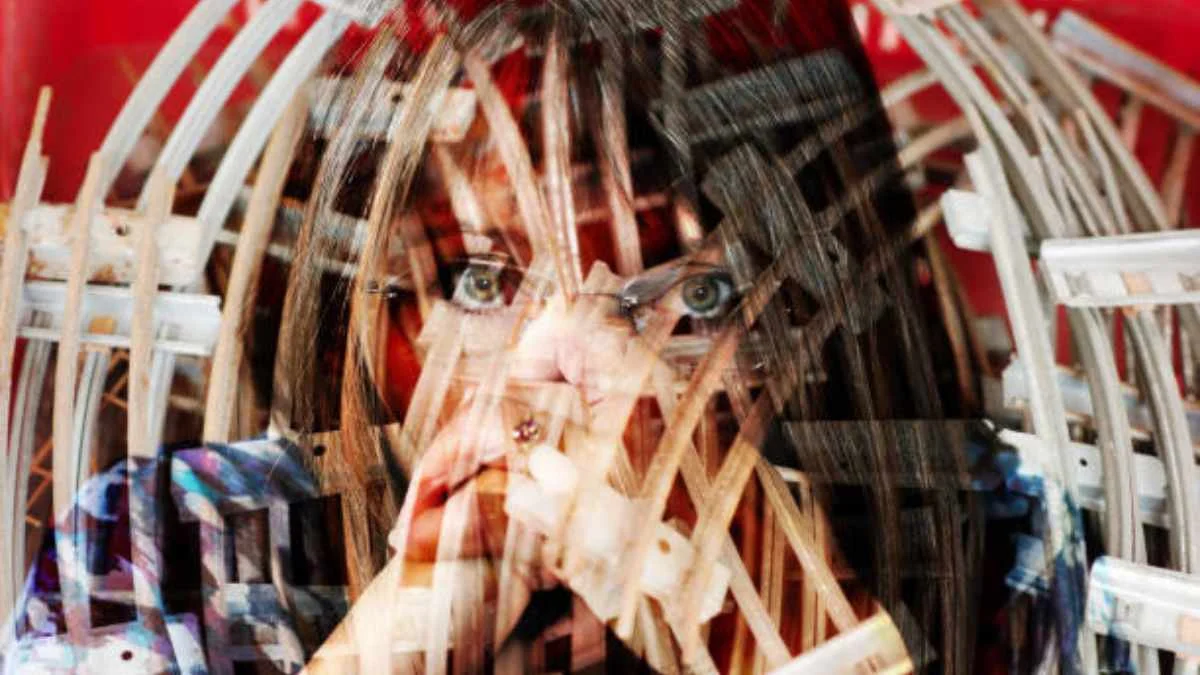HEALTH AND FITNESS
Unraveling Reality through the Lens of Women’s Addiction and Its Impact

In the tapestry of human experience, addiction weaves a complex and challenging narrative. When it comes to women’s addiction, this narrative becomes even more intricate, with unique nuances that impact health and relationships. This blog post seeks to illuminate the multifaceted effects of addiction on women and provide a deeper understanding of its implications on both personal and social fronts.
Table of Contents
Understanding the Dynamics of Women’s Addiction
Women’s addiction is a growing concern worldwide, reflected in both statistics and societal trends. Recent studies indicate an alarming rise in addiction rates among women, with substance abuse disorders affecting millions globally. From prescription drugs to illicit substances, the breadth of addiction among women is vast and varied.
Several risk factors contribute to this trend. Women often face unique stressors, such as balancing career and family responsibilities, experiencing trauma or abuse, and dealing with mental health issues. These factors, compounded by societal pressures and expectations, can make women more vulnerable to addiction.
The social implications of women’s addiction extend beyond the individual. Families, communities, and societies at large bear the weight of this issue. Women’s roles as caregivers and nurturers mean that their addiction can disrupt family dynamics, impact children’s well-being, and strain social networks. Understanding these dynamics is crucial for developing effective prevention and intervention strategies.
Health Implications of Addiction on Women
The physical toll of addiction on women can be severe and wide-ranging. Substance abuse can lead to chronic health conditions such as liver disease, cardiovascular problems, and respiratory issues. Additionally, women may experience heightened susceptibility to certain illnesses and complications due to biological differences.
Mental health consequences are equally significant. Addiction often coexists with mental health disorders such as depression, anxiety, and PTSD. The interplay between addiction and mental health can create a vicious cycle, where one exacerbates the other, making recovery more challenging.
Addressing the health implications of addiction requires a holistic approach that considers both physical and mental well-being. Comprehensive treatment plans should integrate medical care, psychological support, and lifestyle modifications to promote lasting recovery and improved health outcomes.
The Ripple Effect on Relationships
Addiction’s impact on family dynamics can be profound. Women struggling with addiction may find themselves unable to fulfill their roles as mothers, partners, and caregivers. This can lead to fractured relationships, emotional distress, and a breakdown of trust within the family unit. Children may experience neglect or trauma, with long-lasting effects on their development and mental health.
Romantic relationships and friendships are also affected by addiction. Partners and friends may struggle to provide support while grappling with feelings of betrayal, anger, and helplessness. Addiction can isolate women from their social networks, leaving them without the support systems crucial for recovery.
Recognizing the ripple effect of addiction on relationships is vital for developing effective interventions. Supportive and informed approaches can help women rebuild their connections and foster healthier, more resilient relationships.

Overcoming Barriers to Recovery
Stigma and societal pressures often create significant barriers for women seeking recovery. Fear of judgment and discrimination can deter women from seeking help, leaving them trapped in cycles of addiction. Addressing stigma requires a cultural shift towards empathy, understanding, and support for those affected by addiction.
Women also face unique challenges in accessing treatment. Gender-specific barriers such as childcare responsibilities, financial constraints, and lack of tailored treatment options can hinder their recovery journeys. Providing accessible, gender-sensitive treatment resources is essential for overcoming these obstacles.
Creating an environment that encourages women to seek help involves raising awareness, advocating for policy changes, and fostering community support. By addressing these barriers, we can pave the way for more women to access the care they need and deserve.
Strategies for Recovery and Rebuilding Relationships
Empowerment and support networks are key components of successful recovery. Encouraging women to take charge of their healing process and providing platforms for peer support can strengthen their resilience and determination. Support groups, mentorship programs, and community initiatives offer valuable opportunities for connection and growth.
Professional and community resources play a crucial role in recovery. Access to specialized treatment programs, such as women’s treatment centers offered in Ogden, UT counseling services, and rehabilitation centers can provide the tools and support needed for lasting change. Collaborating with healthcare providers, social workers, and advocacy groups can enhance the effectiveness of these resources.
Rebuilding relationships post-recovery involves open communication, patience, and a commitment to change. Encouraging honest dialogue, setting realistic goals, and celebrating progress can help rebuild trust and strengthen bonds. With time and effort, women can repair their relationships and create healthier, more fulfilling lives.
Conclusion
The impact of women’s addiction on health and relationships is profound and far-reaching. By understanding the dynamics at play, we can better address the unique challenges women face and provide the support necessary for recovery. Encouraging women to seek help and fostering a compassionate and informed society can pave the way for positive change.
-

 GENERAL2 months ago
GENERAL2 months agoUncovering the World of кинокрадко: The Dark Side of Film Piracy
-

 GENERAL4 weeks ago
GENERAL4 weeks agoUnveiling the Art of преводсч: How Translators Bridge Language Barriers
-

 YOGA1 year ago
YOGA1 year ago4 Person Yoga Poses for Beginners
-

 GENERAL2 months ago
GENERAL2 months agoThe Journey of iamnobody89757: From Anonymous User to Internet Sensation


























